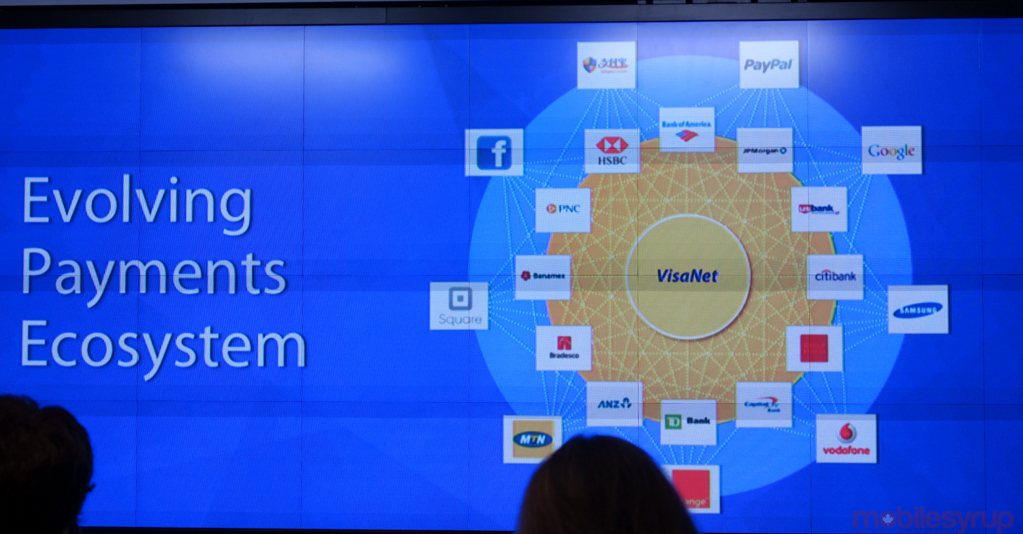
If you’ve ever forgotten to call your credit card company to let them know you’d be out of town for a few days, you probably know the pain of having it rejected because it’s been flagged for “suspicious activity.” While it’s hard to argue with your credit card company’s ‘better safe than sorry’ approach to protecting against fraud, it can still be a pretty big inconvenience, especially since you usually only realise you’ve forgotten to notify the bank once you try to pay for something.
Visa is hoping to solve that problem and reduce credit card fraud by using your smartphone’s location. The Globe and Mail reports that mobile banking apps will soon be updated with new location-tracking software from Visa. The software will allow Visa to track customers via their phone and establish a ‘home territory’ for each user. When you leave that area, your phone will ping Visa, notifying the company you’re in a new city. Any subsequent transactions in that city will be less likely to be flagged as suspicious because the company knows your phone and your card are in the same place. Chances are, if your phone is there and your card is there, that’s where you are.
“Wherever you are in the world, we want Visa transactions to be the most secure, convenient and seamless payment choice,” said Mark Nelsen, senior vice president of risk products and business intelligence, Visa Inc. “By matching the location of the cardholder through a cell phone or other mobile device, to the location of the purchase, Visa’s new service will enable banks to feel more confident about authorizing a transaction that might otherwise have been declined due to suspicion of fraud.”
All of this is opt-in, so if you’d prefer to stick to the old system and not have Visa monitoring your every move, you don’t have to enable this new feature. You can opt out at any time and Visa has said it won’t use any of your location information for marketing purposes. The feature will launch for U.S. Visa customers in April. The company didn’t say when Canadians can expect this feature to arrive on their phones.
The idea is not too dissimilar to two-factor authentication, which requires users have both their phone and their password in order to log into a specific website or service (PayPal, Twitter, Google, Facebook, and iCloud to name just a few). However, it’s also not entirely foolproof. For instance, this new system wouldn’t be much use if your bag or purse were stolen while traveling. Still, it’s an added layer of security, and it goes some way towards easing the inconvenience of traveling, which is never a bad thing.
[source]The Globe and Mail[/source]
MobileSyrup may earn a commission from purchases made via our links, which helps fund the journalism we provide free on our website. These links do not influence our editorial content. Support us here.


